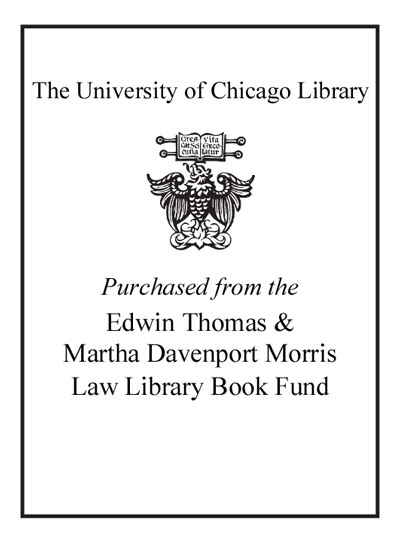| Summary: | The Magna Carta is revered around the world as the founding document of Western liberty. Its principles--even its language--can be found in our Bill of Rights and in the Constitution. But what was this strange charter and how did it gain such legendary status? Historian Dan Jones takes us back to the turbulent year of 1215, when, beset by foreign crises and cornered by a growing domestic rebellion, King john reluctantly agreed to fix his seal to a document that would change the course of history. At the time of its creation, the Magna Carta was just a peace treaty drafted by a group of rebel barons who were tired of the king's high taxes, arbitrary justice, and endless foreign wars. The fragile peace it established would last only two months, but its principles have reverberated over the centuries. Jones's narrative follows the story of the Magna Carta's creation, its failure, and the war that subsequently engulfed England, and charts the high points in its unexpected afterlife. Reissued by King John's successors, it protected the Church, banned unlawful imprisonment, and set limits to the exercise of royal power. It established the principle that taxation must be tied to representation and paved the way for the creation of Parliament. In 1776 American patriots, inspired by that long-ago defiance, dared to pick up arms against another English king and to demand even more far-reaching rights. We think of the Declaration of Independence as our founding document, but those who drafted it had their eye on the Magna Carta.--Adapted from book jacket.
|
|---|

